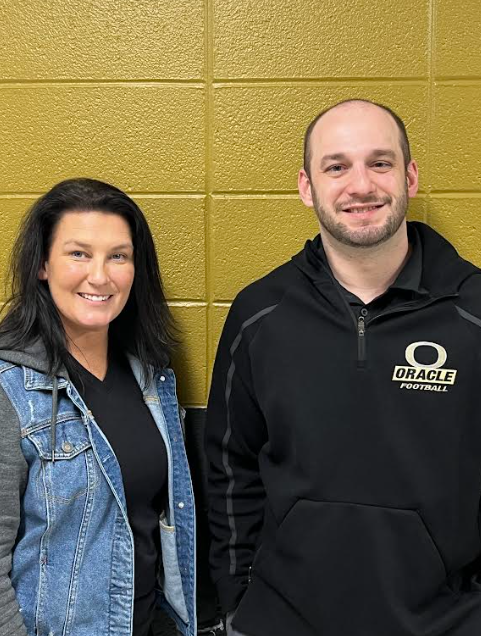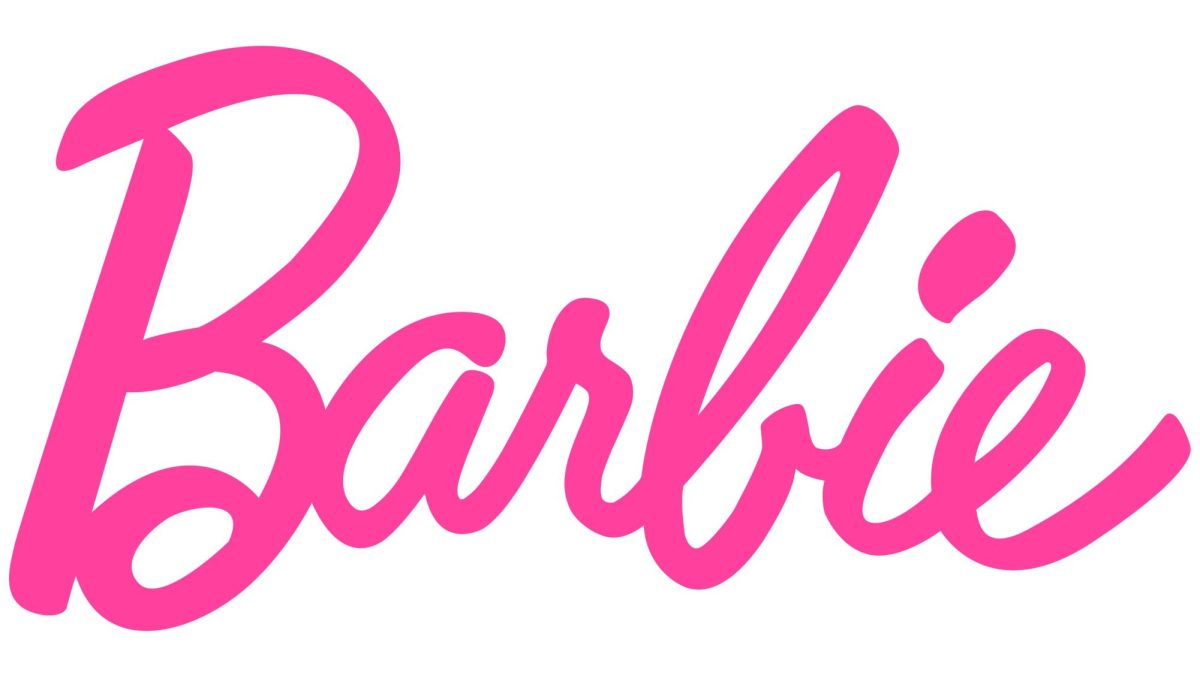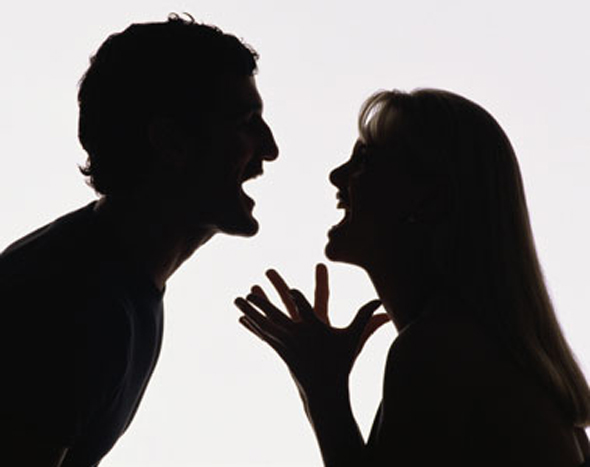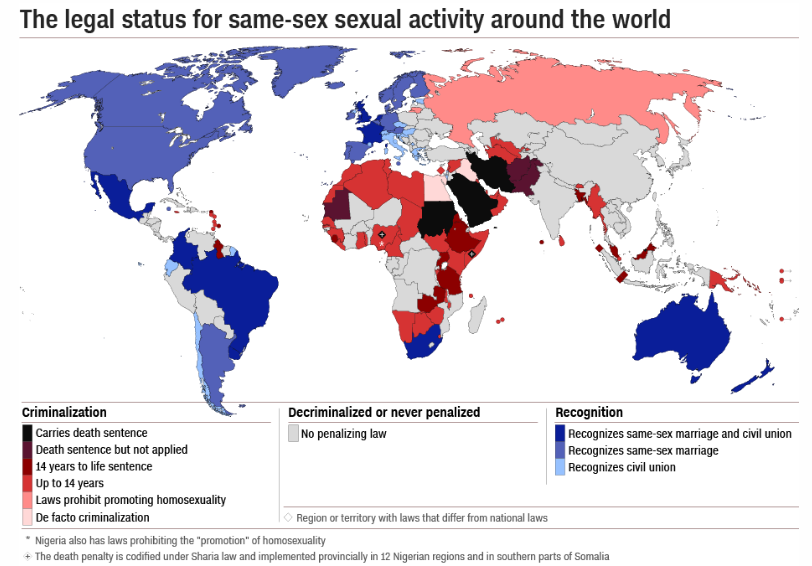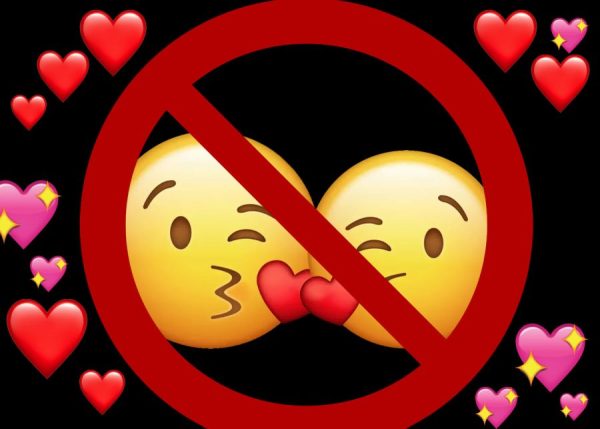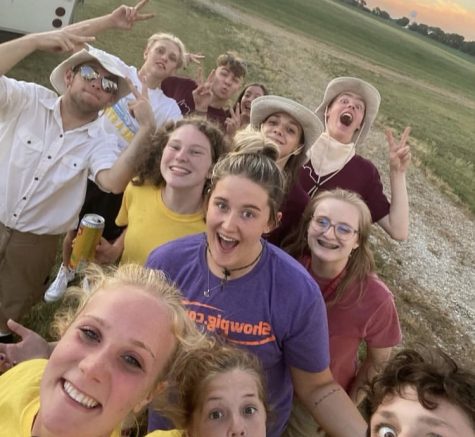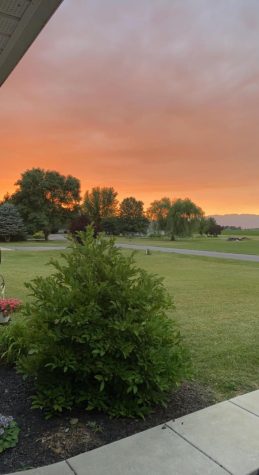Why Thom Brennaman’s slur was unacceptable
Click on the image above for a better view of a chart depicting the legal status of same-sex sexual activity across the globe.
TW: suicide, homelessness, violence
Thom Brennaman, 26-year veteran announcer for the Cincinnati Reds and Fox Sports, was suspended on Wednesday, Aug. 19, when he used a homophobic slur during the first game of a major league baseball doubleheader in Kansas City, MO. Caught by a hot mic while giving commentary on the first game, he referred to an undetermined location as “one of the [f-slur] capitals of the world.” He was taken off the air during the second game, being replaced by host Jim Day. As Brennaman left the booth, he expressed apologies, saying he was “deeply ashamed” if he “hurt anyone out there.”
The Reds’ media representative also expressed apologies on Brennaman’s behalf, stating, “I would like to sincerely apologize for the inappropriate comments I made during last night’s telecast.” He then went on to further apologize for any harm done to the LGBTQ+ community.
Personally, this apology seems quite empty to me. He only apologized after he was caught on mic and taken from the booth, trying desperately to salvage his career after such a damaging statement. He was sorry only because he got caught and is now facing the consequences of his actions. Which begs the question: how many times has he done this before? What’s his actual opinion on the LGBTQ+ community? Surely, if you use a slur directed towards a specific minority group, you’d know the harm it causes and be more likely to let even more discrimination against them slide past you.
As a member of the LGBTQ+ community, this word, this slur, has affected me tremendously. And it has affected several others in my community as well. Even if it was said in a manner that didn’t mean to be discriminatory, it opens up the gate for hateful people (meaning homophobes and transphobes) to enter these
conversations and spread their harmful beliefs. If this happens, then homophobia becomes a social norm once again and harms young people who may be discovering or becoming comfortable in their sexualities or gender identities.
As an example, according to the Trevor Project, around 1.8 million LGBTQ+ youth between the ages of 13 and 24 seriously consider suicide each year. This can be attributed to their families rejecting them, homelessness (LGBTQ+ youth are approx. 40% of homeless youth), and gay bashing. All of these things have been seemingly normalized in our society. Maybe not blatantly, but they come in very subtle forms. “Liberal homophobia” is an example, such as saying “Gay people are fine, I just don’t want to see it” or “They have enough rights, why do they need to get married?” And you know what? They’re correct in some aspects – I can’t be discriminated against in work environments (just decided by SCOTUS this year), I can get married, and I can live in relative peace. In America.
However, in 71 countries, my existence is illegal and the mere mention of my “condition” would put me in prison. In 8 of these countries, I will be put to death by the state for the simple act of love. This doesn’t include extrajudicial or honor killings in many more places, which are vigilante murders carried out by family or communities who believe me to be disgusting or sinful. Or discrimination in seemingly progressive places, such as Russia’s “gay propaganda” laws, which prohibit “promoting” homosexuality. Or LGBT-free zones in Poland, where we’re labeled as a “foreign ideology”.
But even in our own country, we are not safe. Matthew Shepard. Roxanne Ellis & Michelle Abdill. Brandon Teena. And the night of June 12, 2016 where Pulse nightclub in Orlando was shot up, killing 49 and injuring 53. The “gay/trans panic” defense can still be used in many states in America, where a murderer can get off scot-free for killing an LGBT person because they felt “threatened” by their sexuality or gender identity.
Thom Brennaman’s comment was disgustingly homophobic and is in close proximity to being brushed off as a “joke” or a “mistake”. And even if what he said was true about the undisclosed location, a city full of marginalized people who accept each other is infinitely better than a place where I will be hated for something I cannot and will not change.

Alyssa Bruner is a senior at Delphi Community High School. She is involved in varsity Quiz Bowl, along with the track and golf teams and kickboxing. She...




